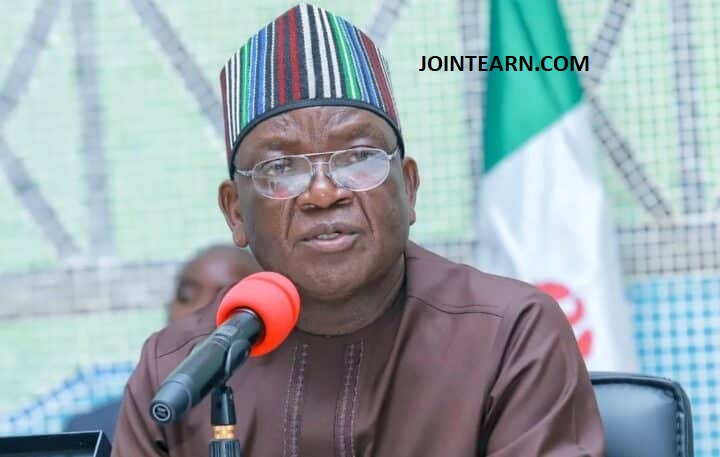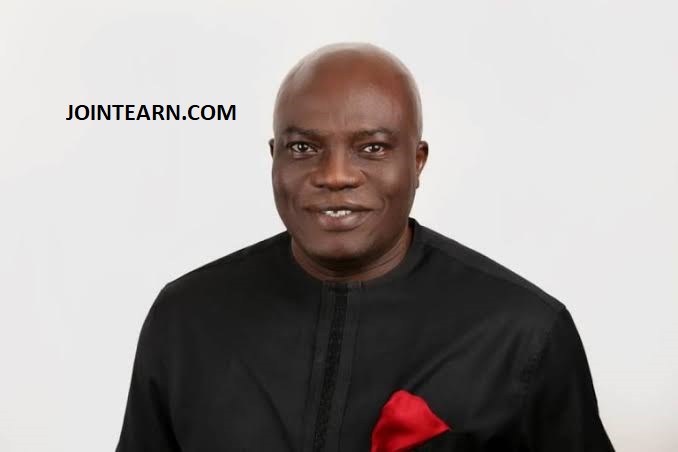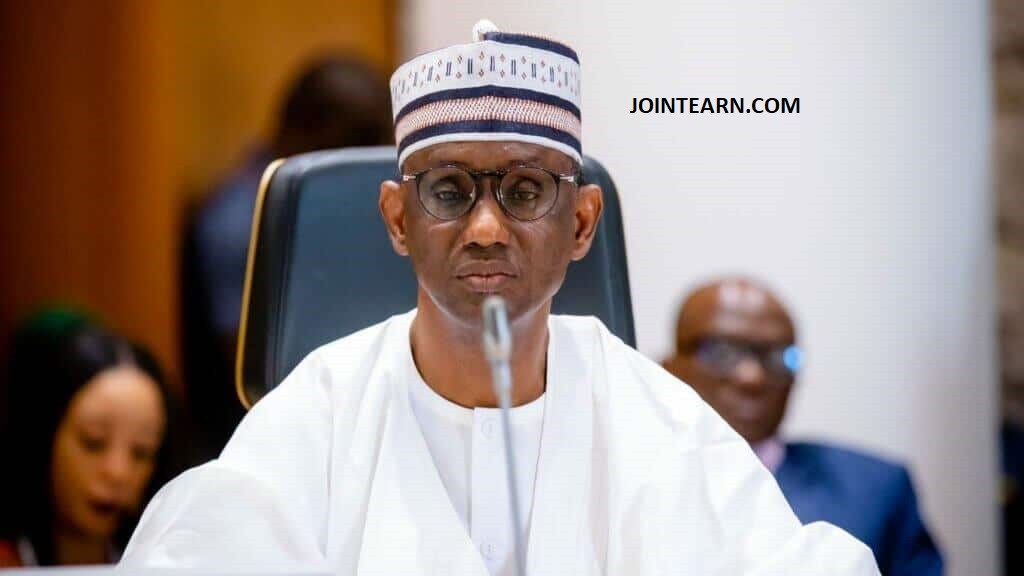In a major policy shift poised to reshape teacher education in Nigeria, the Federal Government has announced that Colleges of Education across the country will officially begin awarding bachelor’s degrees starting in September 2025. The Minister of Education, Professor Tahir Mamman, disclosed this development during a stakeholders’ forum held in Abuja on Friday.
The move, which has been in planning stages for years, is aimed at standardizing the quality of teacher education and aligning it with global best practices. According to Professor Mamman, the initiative will mark the beginning of a new era for Colleges of Education, traditionally known for awarding the Nigeria Certificate in Education (NCE).
“This is a bold step toward transforming teacher education in Nigeria,” the Minister said. “From September 2025, selected Colleges of Education will commence full-fledged degree programs in education-related disciplines, with the necessary academic and regulatory frameworks already in motion.”
Aiming for Quality and Professionalism
Professor Mamman emphasized that the reform is part of the Federal Government’s broader education transformation agenda, which prioritizes capacity building, improved teaching quality, and professionalization of the teaching workforce.
“For far too long, teachers in Nigeria have been undervalued, and the systems meant to train them have remained stagnant. This reform is a deliberate effort to restore dignity to the profession by enhancing the quality of education our teachers receive,” he stated.
He explained that the National Commission for Colleges of Education (NCCE) and the National Universities Commission (NUC) have been working together to ensure the new degree-awarding programs meet minimum academic standards. The collaboration also involves the Teachers Registration Council of Nigeria (TRCN) to ensure licensure and certification of graduates.
Pilot Colleges Selected
According to the Minister, a number of Colleges of Education have been identified as pilot institutions for the rollout of the degree programs. These include both federal and state colleges that have met specific criteria such as adequate infrastructure, qualified academic staff, and affiliations with universities.
Some of the institutions already affiliated with universities will be granted greater academic autonomy under a new framework, allowing them to award degrees independently, subject to regulatory oversight.
“We are not starting with all Colleges of Education,” the Minister clarified. “Only those that have demonstrated readiness will be included in the initial phase. Others will be encouraged to build capacity to join in future academic sessions.”
Broad Support from Stakeholders
The policy change has received widespread support from stakeholders in the education sector, including teacher unions, education researchers, and civil society groups. Many view the decision as a timely and strategic intervention that could help improve learning outcomes across primary and secondary schools.
President of the Colleges of Education Academic Staff Union (COEASU), Dr. Smart Olugbeko, welcomed the development but urged the government to provide the necessary resources to ensure smooth implementation.
“This is a commendable step,” Dr. Olugbeko said. “However, the government must back it up with sufficient funding, training, and infrastructure. Degree programs demand higher academic rigor, and we must be ready to deliver.”
Transitioning from NCE to B.Ed.
With the new policy, future students intending to become teachers will be able to apply directly for a Bachelor of Education (B.Ed) degree at selected Colleges of Education, rather than the NCE.
Officials explained that existing NCE holders will not be left behind, as bridging programs and opportunities for direct entry into degree programs will be created. The government also assured that NCE qualifications will remain valid and respected within the education sector, even as the country transitions to a degree-centric teacher training model.
Addressing Manpower Shortage
The Ministry of Education noted that Nigeria faces a shortage of professionally trained teachers, especially in rural and underserved areas. It is hoped that expanding degree-awarding institutions will help address the manpower gap while ensuring that newly trained teachers possess modern pedagogical skills and knowledge.
The reform also aims to discourage the decline in enrollment numbers in Colleges of Education in recent years, as many prospective students have preferred universities and polytechnics. By offering degrees, the institutions are expected to regain their competitiveness and relevance in the Nigerian tertiary education landscape.
Implementation Timeline and Oversight
A joint implementation committee comprising representatives from the NCCE, NUC, TRCN, and other education bodies will monitor the transition process. This includes curriculum redesign, staff retraining, and infrastructural upgrades where necessary.
“We are not just rolling out a policy on paper. This is a serious structural change, and the government is committed to seeing it through,” Professor Mamman affirmed.
Looking Ahead
As the September 2025 date approaches, the Education Ministry says it will intensify awareness campaigns to inform prospective students, parents, and academic institutions about the opportunities and expectations surrounding the new initiative.
Observers believe this policy could be a game-changer if effectively implemented, setting the stage for a more respected and professional teaching workforce in Nigeria. The hope is that a degree in education will no longer be seen as a last resort, but as a prestigious and vital contribution to the nation’s development.












